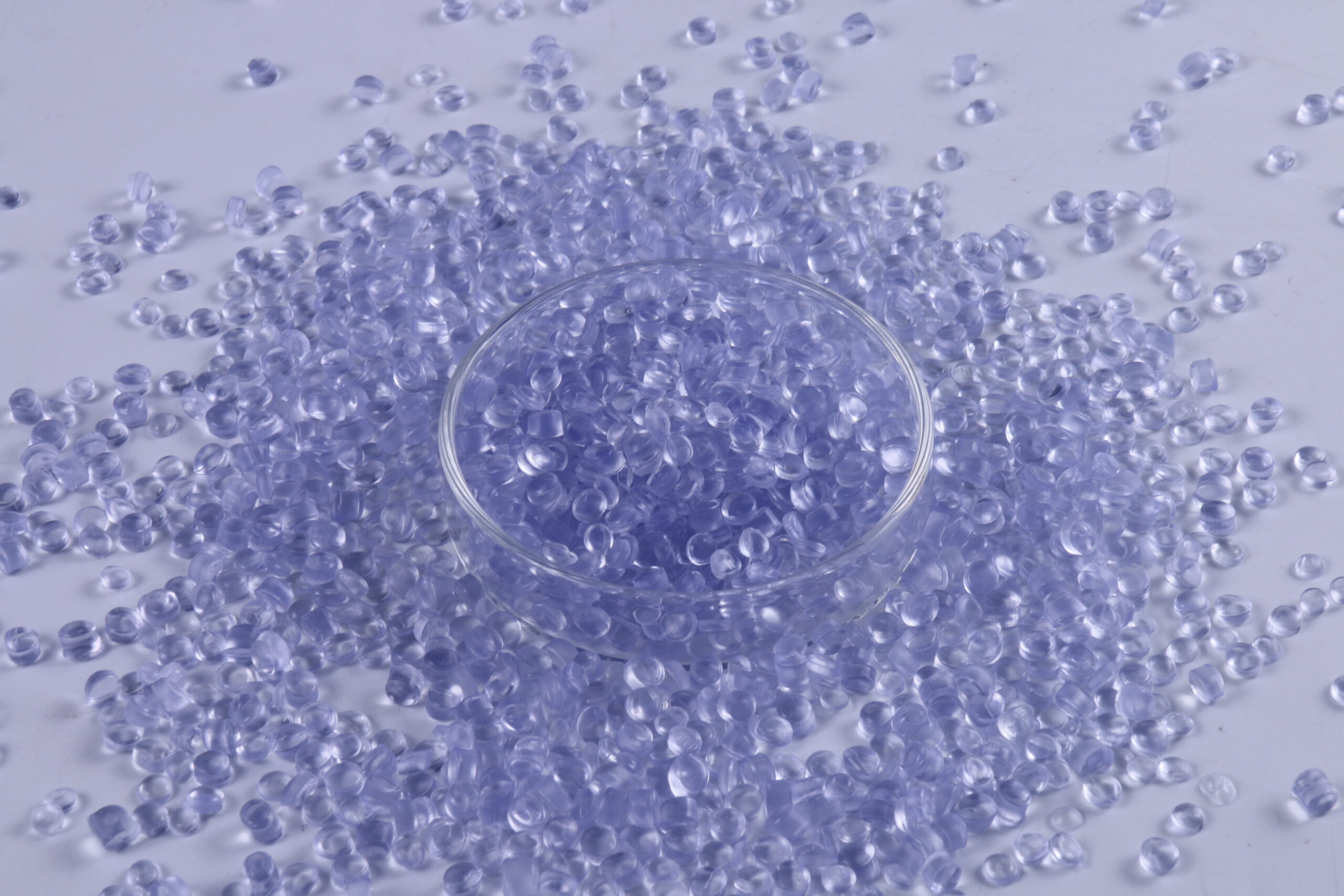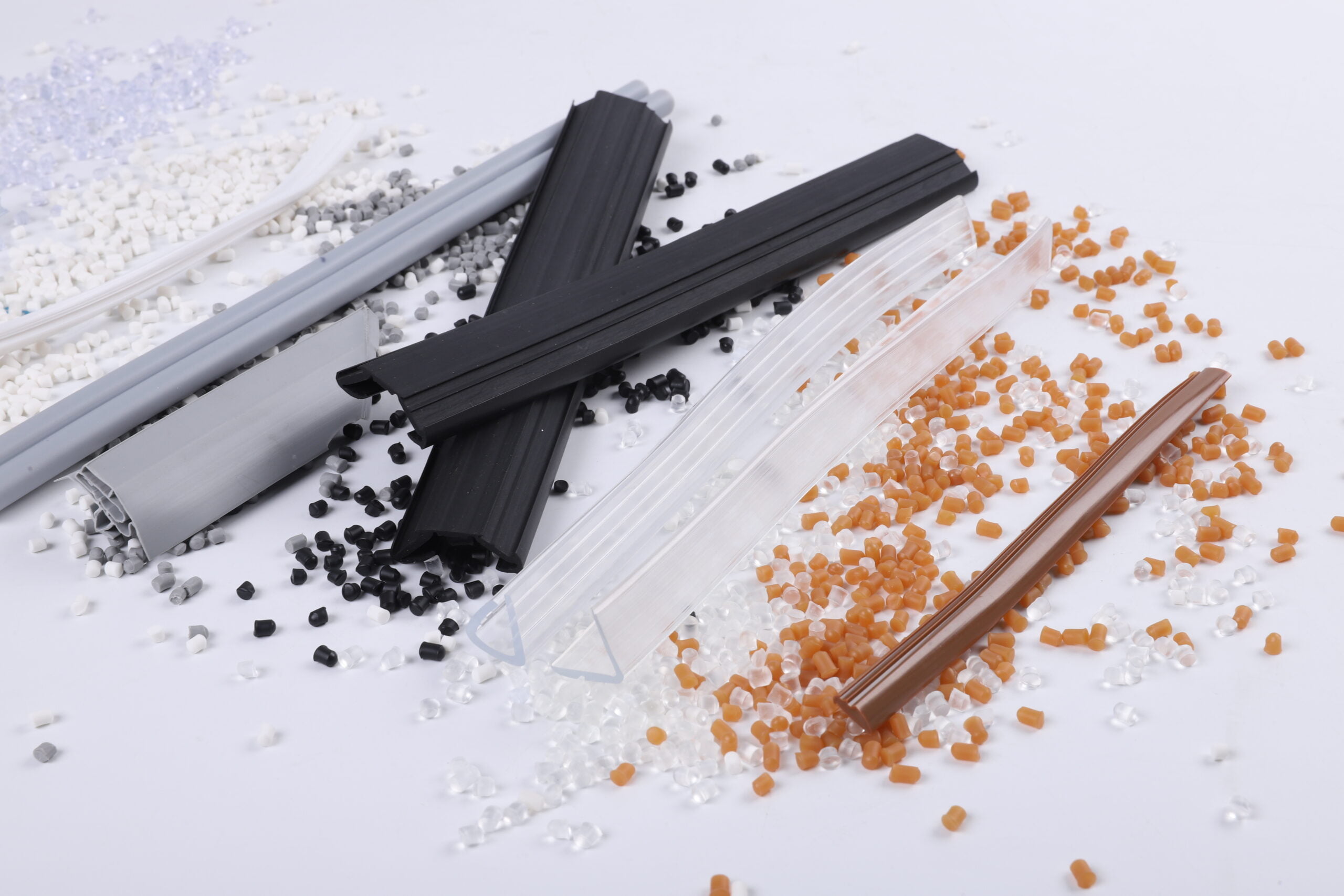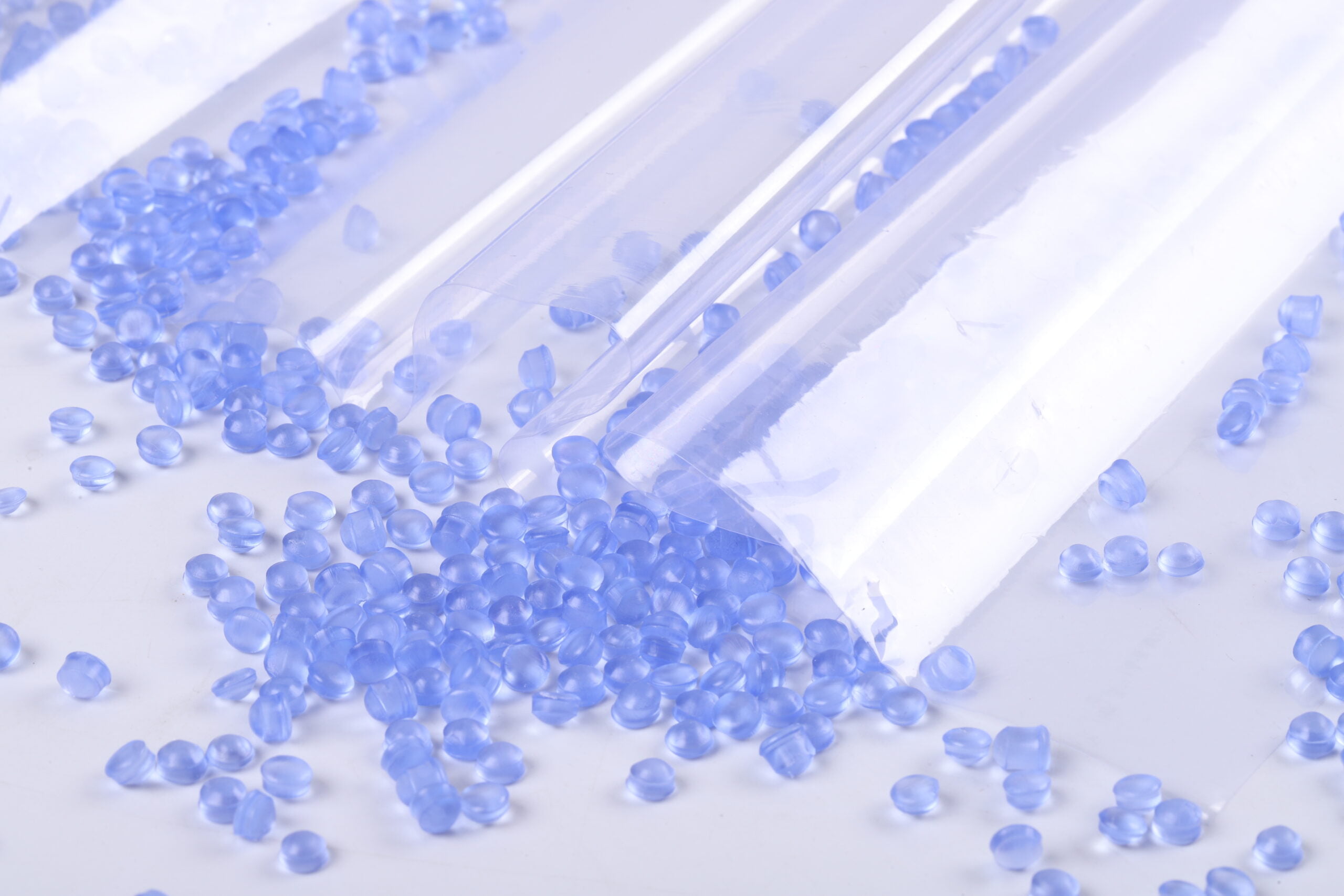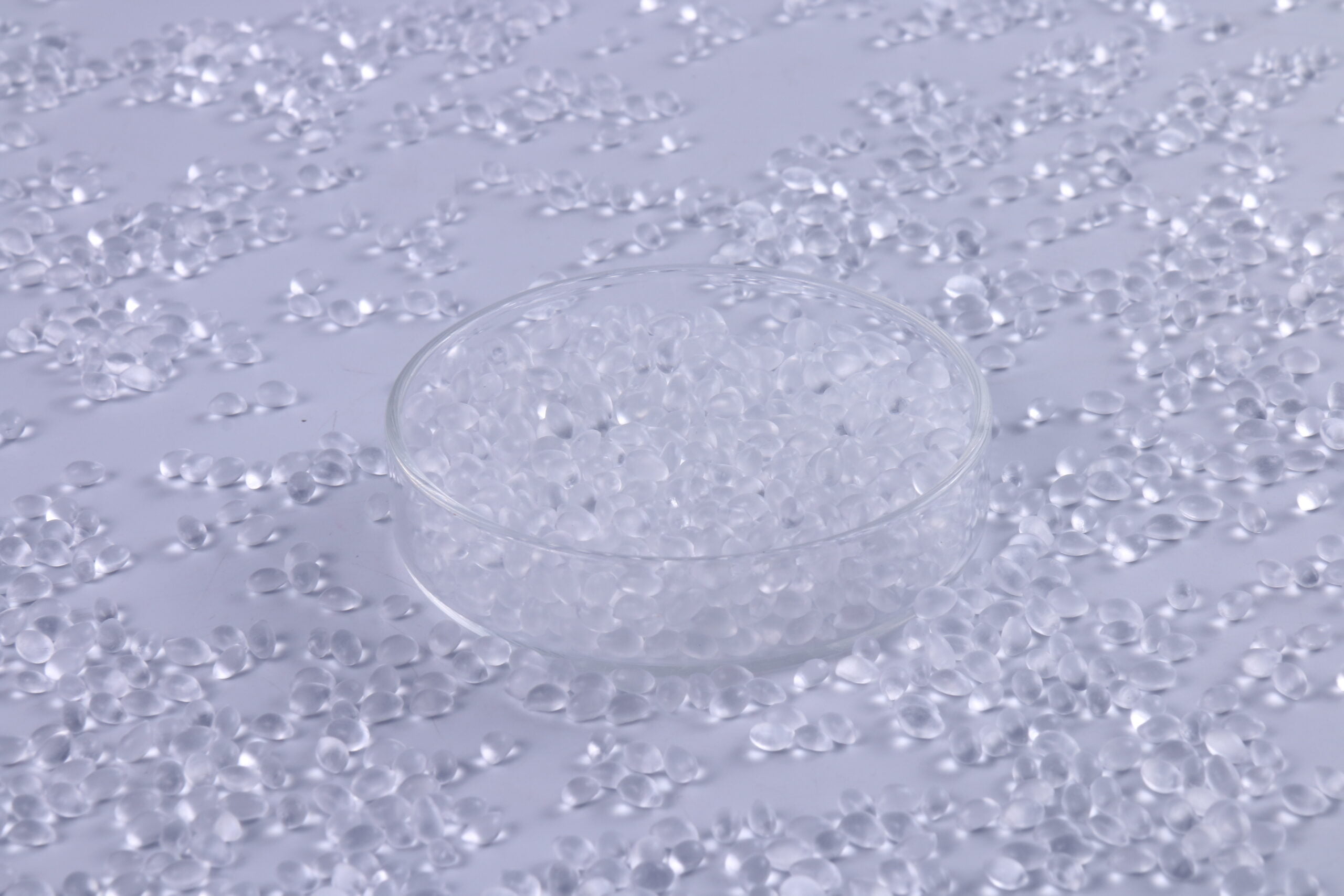Understanding PVC, UPVC, CPVC, and HDPVC
Polyvinyl Chloride (PVC) is one of the most widely used synthetic plastic polymers globally. It is known for its versatility and durability, making it suitable for a variety of applications. Within the PVC family, there are several variants, including Unplasticized Polyvinyl Chloride (UPVC), Chlorinated Polyvinyl Chloride (CPVC), and High-Density Polyvinyl Chloride (HDPVC). Each of these materials has distinct properties and applications.
PVC (Polyvinyl Chloride)
PVC is produced by polymerizing vinyl chloride monomer. It comes in two forms: rigid and flexible. The flexible version contains plasticizers, which enhance its elasticity and softness, making it suitable for applications like flooring and electrical cable insulation. Rigid PVC is commonly used in construction for pipes, doors, and windows due to its strength and durability.
Key Properties of PVC:
- Chemical Resistance: Resistant to acids and alkalis.
- Non-toxic: Safe for various applications.
- Cost-effective: Inexpensive compared to other materials.
- Temperature Limitations: Generally suitable for temperatures up to 60°C (140°F) [2][5].
UPVC (Unplasticized Polyvinyl Chloride)
UPVC is a variant of PVC that does not contain plasticizers. This lack of additives makes UPVC a rigid material with enhanced durability and resistance to environmental factors.
Key Properties of UPVC:
- Rigidity: More rigid than regular PVC, making it ideal for structural applications.
- Chemical Resistance: Excellent resistance to corrosion and UV radiation.
- Low Flammability: Less likely to catch fire compared to other plastics.
- Applications: Commonly used in water supply systems, drainage pipes, window frames, and doors [1][4].
CPVC (Chlorinated Polyvinyl Chloride)
CPVC is produced by chlorinating PVC resin, which increases its chlorine content. This modification enhances its thermal stability and chemical resistance.
Key Properties of CPVC:
- Higher Temperature Resistance: Can withstand temperatures up to 95°C (203°F), making it suitable for hot water applications [3][5].
- Flexibility: More flexible than UPVC, allowing for easier installation in various configurations.
- Chemical Resistance: Excellent resistance to acids, alkalis, and salts; ideal for industrial applications [2][4].
- Applications: Widely used in hot water plumbing systems, chemical processing industries, and fire sprinkler systems [1][3].
HDPVC (High-Density Polyvinyl Chloride)
HDPVC is a high-density version of PVC that offers improved strength and durability compared to standard PVC. It is often used in applications requiring high pressure and impact resistance.
Key Properties of HDPVC:
- High Strength: Greater tensile strength than regular PVC.
- Impact Resistance: Better performance under stress or impact conditions.
- Applications: Commonly used in heavy-duty piping systems, industrial applications, and construction materials [4].
Comparison of Properties
| Property | PVC | UPVC | CPVC | HDPVC |
|---|---|---|---|---|
| Rigidity | Flexible/Rigid | Rigid | Flexible | Rigid |
| Temperature Resistance | Up to 60°C | Up to 60°C | Up to 95°C | Varies |
| Chemical Resistance | Moderate | High | Very High | High |
| Applications | General use | Water supply/drainage | Hot water/chemical | Heavy-duty piping |
Conclusion
Understanding the differences between PVC, UPVC, CPVC, and HDPVC is crucial for selecting the appropriate material for specific applications. Each type offers unique advantages that cater to various industrial, commercial, and residential needs. When choosing a piping system or construction material, consider factors such as temperature resistance, flexibility, chemical exposure, and application requirements to ensure optimal performance and longevity.
Citations:
[1] https://utkarshindia.in/blog/highlighting-the-difference-between-cpvc-and-upvc-pipes
[2] https://www.ifanpiping.com/info/what-is-the-difference-between-pvc-upvc-and-c-76830628.html
[3] https://www.flowguard.com/en-in/blog/difference-between-cpvc-vs-upvc-pipes/
[4] https://www.astralpipes.com/blogs/differences-between-upvc-cpvc-and-pex-pipes/
[5] https://www.dutronindia.com/pvc-vs-upvc-vs-cpvc-which-pvc-pipes-are-better-for-you/
[6] https://www.corzan.com/en-us/blog/what-is-the-difference-between-cpvc-and-pvc
[7] https://www.apollopipes.com/blog/upvc-cpvc-difference
[8] https://www.flowguard.com/en-in/advantages/cpvc-vs-pvc





